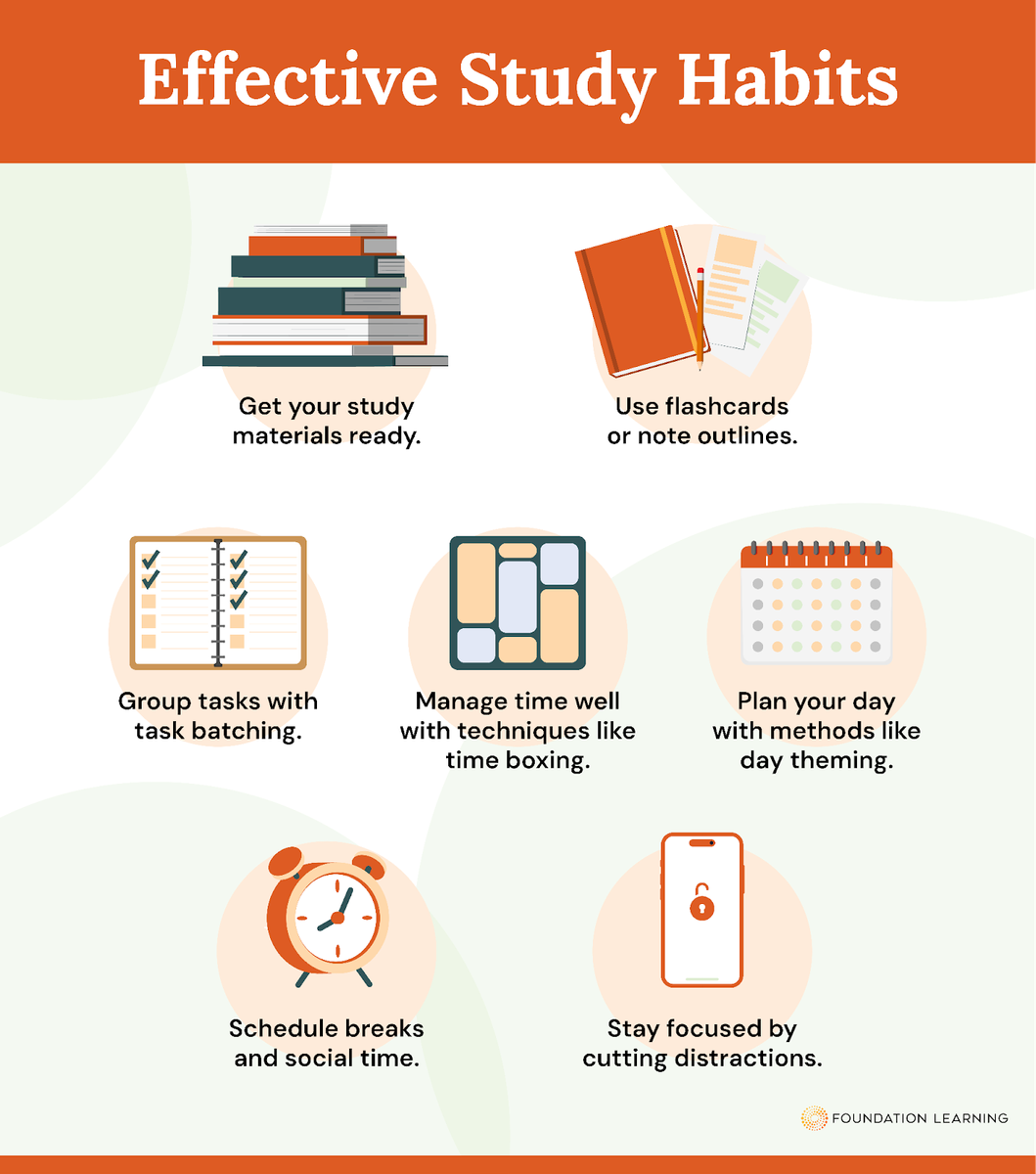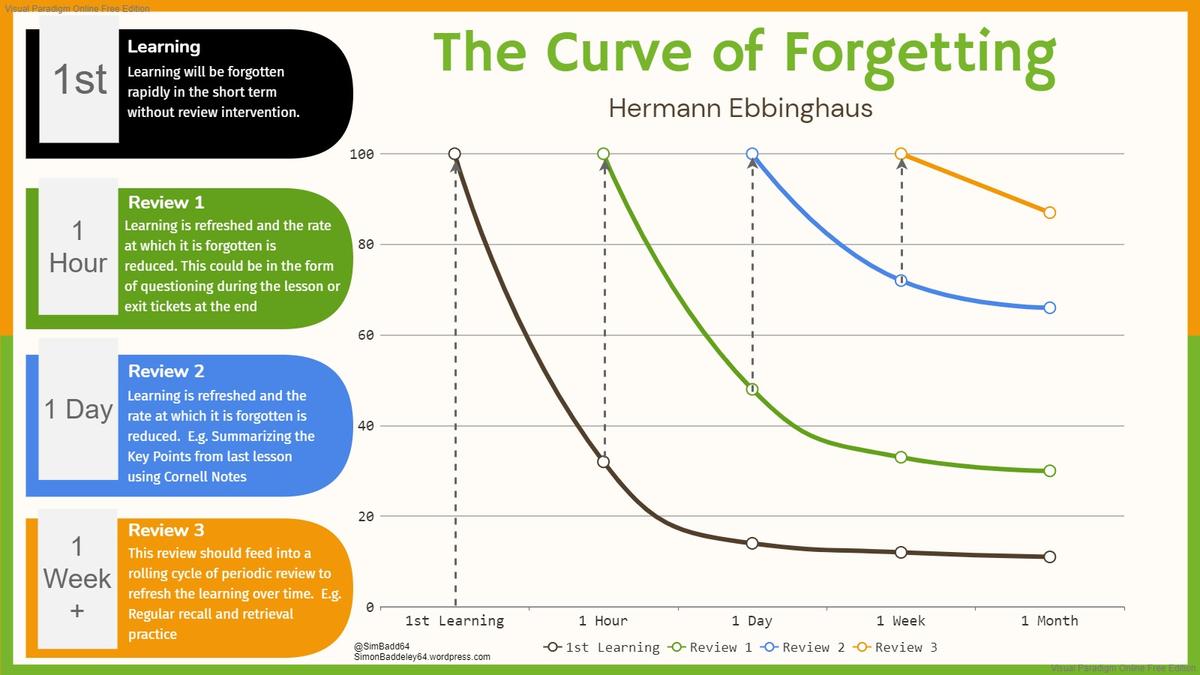Mathematics

MASTERING MATHEMATICS: A GUIDE FOR PARENTS
Mathematics can be a challenging subject for many students, but with the right support, they can thrive. A question that I am asked by parents is ‘How can I best support my child's learning in Mathematics?’. Let me say that as parents you play a crucial role in helping your child develop strong mathematical skills and a positive attitude toward learning. Below are a few key strategies to help you guide your child on their mathematical journey.
BUILDING EFFECTIVE STUDY HABITS AND EMBRACING A GROWTH MINDSET
One of the most significant factors in a child's academic success is their approach to learning. Instead of viewing ability as fixed, a growth mindset helps students see that their intelligence and talents can be developed through dedication and hard work. When students believe they can improve, they're more likely to persevere through challenges.
To foster this mindset, praise your child's effort rather than their innate "smartness." For example, instead of saying, "You're so good at math!" try, "I can see how hard you worked on that problem—great job sticking with it!" This shifts the focus from a fixed trait to the process of learning.
Encouraging them to see mistakes as opportunities to learn is also essential. When they get a question wrong, ask them to explain their reasoning. This helps them identify where the breakdown occurred and allows them to learn from it.
CONQUERING THE FORGETTING CURVE
Have you ever noticed that your child seems to forget what they've learned just a few days after studying? This is a phenomenon known as the forgetting curve, which illustrates how our memory retention decreases over time. However, we can combat this with a strategic approach to homework and revision.
The key is to schedule spaced repetition —revisiting material at increasing intervals. Instead of cramming for a test the night before, help your child set up a revision schedule that incorporates the following:
Initial Review:
Review new concepts and homework problems the same day they're taught.
Day 1:
Briefly review the material again the following day.
Day 4:
A third review session a few days later will significantly increase retention.
Weekly/Bi-weekly:
Incorporate a short review of older topics into their weekly routine.
Remember that a positive attitude, consistent effort, and smart study strategies are the building blocks of mathematical success. By working together, we can empower our children to become confident and capable mathematicians.
Mr Kurt McPherson | Mathematics KLA Leader



